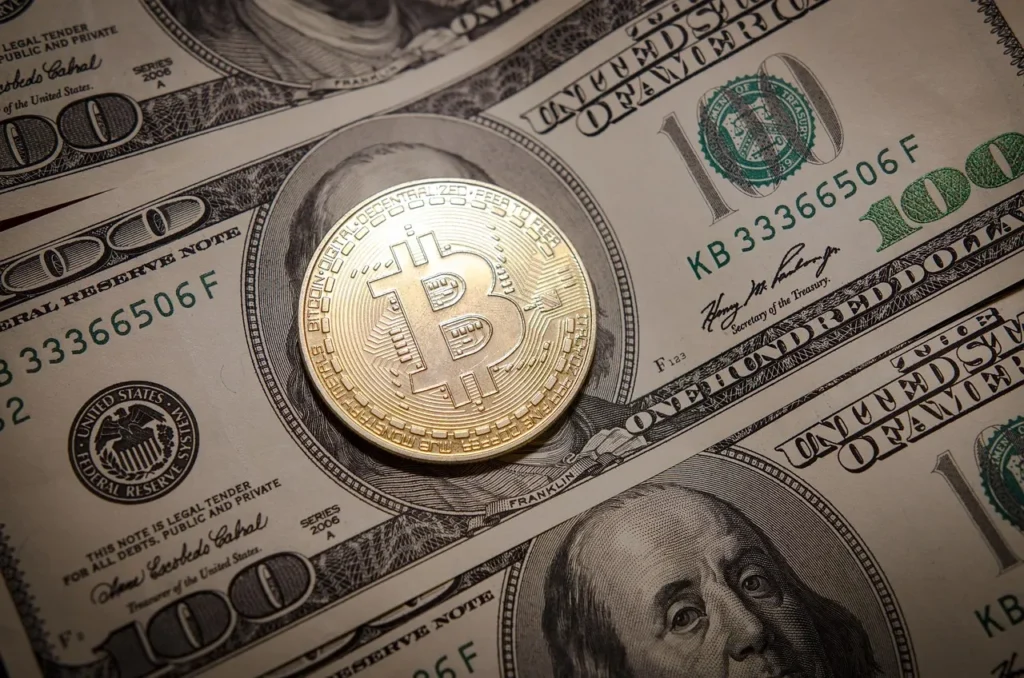Is Crypto Legal or Not? A Straightforward Look at the Crypto Legal Status Pros & Cons
July 26, 2025

Crypto Legal Status: Why It’s Still So Confusing
Let’s be real—crypto legal status is one of those terms people throw around a lot… but not many truly understand. Is cryptocurrency legal? Is it money? Is it even regulated?
It depends. On the country, the context, and honestly, sometimes the mood of a finance minister. So instead of getting lost in legal jargon, let’s break it down: what are the actual pros and cons of recognizing crypto as legal tender?
Pros of Legalizing Crypto as Currency


Increased Innovation and Adoption
One big plus? When crypto gains legal recognition, it tends to fuel innovation. New payment platforms pop up, crypto wallets become user-friendly, and startups start solving real problems—fast.
Global Accessibility
Crypto doesn’t care where you live. Legalizing it means folks in underbanked regions suddenly have access to financial tools. For millions, that’s a game-changer.
Fast, Borderless Transactions
Want to send money overseas? With crypto, you can skip the wire transfer wait, avoid insane fees, and finish the job in minutes. Recognizing it legally makes this much smoother (and safer).
Transparency and Traceability
Ironically, even though crypto is often linked to shady stuff, blockchain itself is super transparent. Legal status = better tracking, less crime—at least in theory.
Cons of Treating Crypto as Legal Tender


Volatility Makes It Unstable
Let’s not sugarcoat it. Bitcoin can crash 20% in a day. That’s… not exactly what you want from something you use to buy groceries. This volatility makes it hard to treat as reliable money.
Regulatory Complexity
Crypto doesn’t fit neatly into existing legal frameworks. Is it an asset? A security? A commodity? Governments still can’t agree. The result? Patchy rules, inconsistent enforcement, and a lot of confusion.
Potential for Fraud and Abuse
While blockchain is traceable, scams still happen. Ponzi schemes, rug pulls, fake tokens—you name it. Without strong regulation (which legal status might require), these risks can increase.
Tech Barriers and Accessibility
Not everyone has access to stable internet, or even knows how to use a digital wallet. Legalizing crypto doesn’t fix that. It might even widen gaps if not rolled out carefully.
Crypto Legal Status Is Country-Specific—and That’s a Problem

One of the weirdest things about the crypto legal status is how fragmented it is. El Salvador made Bitcoin legal tender—brave move, but the rollout has been rocky. Meanwhile, the U.S. is still debating whether ETH is a security or not. China? Full ban.
That’s the thing: crypto travels fast, but laws don’t. This mismatch creates uncertainty for users and businesses alike. Imagine paying rent in Bitcoin in one country, only to have that wallet blocked when you cross a border. Yeah—awkward.
What’s the Future of Crypto as Legal Tender?

So… could we get global consensus someday? Maybe. But don’t hold your breath.
Some countries are exploring Central Bank Digital Currencies (CBDCs) instead. These offer digital payment options without the wild-west vibe of decentralized coins. If CBDCs go mainstream, crypto might never become legal tender in most places—just a parallel digital asset.
Still, momentum is building. Regulators are paying attention. Big institutions are inching in. Public sentiment? Mixed, but growing.
Final Thoughts
At the end of the day, crypto legal status matters—a lot. Whether you’re holding tokens, launching a project, or just curious, you’ve got to know the legal landscape. The pros? Plenty. But the cons? Still very real.
So, think twice before assuming crypto = money everywhere. Because depending on where you are, it could be an asset, a security… or just a banned buzzword.
Relevant news: Is Crypto Really Legal? Untangling the Crypto Legal Status Puzzle

